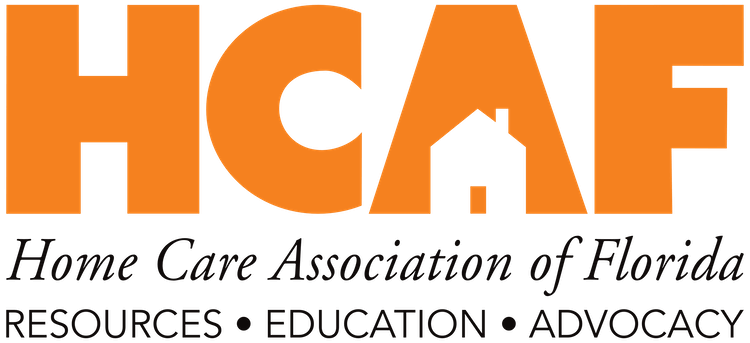AHCA Publishes Final Rule on Minimum Training Requirements for Home Health Aides for Medically Fragile Children

AHCA Publishes Final Rule on Minimum Training Requirements for Home Health Aides for Medically Fragile Children
Today, the Agency for Health Care Administration (AHCA) published the final adopted version of Rule 59A-8.0099, establishing the Minimum Training Requirements for Home Health Aides for Medically Fragile Children. This rule is a significant milestone in enhancing the quality of care provided to one of the most vulnerable populations — medically fragile children.
The Home Health Aide for Medically Fragile Children program, implemented by HB 391 during the 2023 Florida Legislative Session, is designed to achieve several critical objectives: reducing hospitalizations, cutting state expenditures, and providing family caregivers the opportunity to serve as home health aides at a competitive rate of $25 per hour. This initiative not only aims to improve the overall well-being of medically fragile children but also supports family caregivers in offering specialized care.
Program Eligibility and Requirements
To be eligible for this program, individuals must:
- Be employed by a licensed home health agency.
- Be 18 years or older.
- Complete the approved training program.
- Be capable of providing specific home health services to patients aged 21 or younger with qualifying conditions.
The program also allows eligible relatives to provide trained nursing services as delegated by a registered nurse. Importantly, parents, guardians, or family members seeking this training are not required to repay or reimburse the home health agency for the training costs.
Home Health Agency Participation
Participation in the program is optional for home health agencies. To participate, an agency must:
- Be designated as a “skilled” provider participating in the Medicaid program.
- Document their course curriculum in accordance with the minimum requirements outlined by this rule, available for AHCA review.
- Ensure a registered nurse employed by or contracted with the agency conducts supervisory visits of the Home Health Aide for Medically Fragile Children at least every 60 days, with documentation of such visits.
Each licensed agency providing skilled services to children under the age of 21 must develop procedures to gather data on services provided from October 1 of the previous year to September 30 of the current year. Data must be submitted to AHCA by November 1 annually, with a fine of up to $50 per day for late submissions, not to exceed $500.
Key Additional Training Requirements
The new rule mandates a comprehensive 86-hour training program, which exceeds the existing 75-hour training requirements for home health aides providing Medicaid/Medicare-funded services. Major additional training requirements include:
Theoretical Instruction and Training (40 hours)
- Understanding pediatric patients with complex or chronic medical conditions, including premature infants, respiratory and cardiac conditions, neurological disorders, and developmental disabilities.
- Assisting with medical tasks such as applying and removing anti-embolism stockings, providing catheter care, and assisting with colostomy bags.
- Recognizing emergencies and performing emergency procedures.
Skills Training (30 hours)
- Providing in-depth tracheostomy care, including suctioning and cleaning.
- Managing respiratory emergencies, such as desaturation and trach tube dislodgement.
- Performing enteral care, covering various feeding methods and managing complications.
- Using medical equipment such as ventilators, CPAP (continuous positive airway pressure) machines, and nebulizers.
Clinical Competency Training and Validation (16 hours)
- Validating skills with actual patients, supervised by a qualified registered nurse.
- Demonstrating competency in critical areas such as wound care, tracheostomy care, and the use of medical devices.
These rigorous training requirements ensure that Home Health Aides for Medically Fragile Children are well-prepared to handle the complexities and high acuity of their patients' needs.
Future Developments and Resources
HCAF is in the process of inquiring with the state about whether any training programs are being created or already exist that satisfy these requirements. Additionally, HCAF will host future training sessions on the new program and intends to develop resources to help providers maintain compliance and mitigate risk and liability. Please stay tuned for more information.
